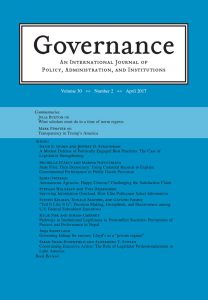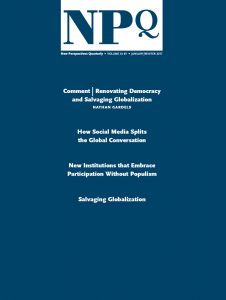The Huxtables: America's original first family
by bmckernan
 Since Barack Obama first announced his candidacy, social commentators have repeatedly wondered if Americans are ready to elect an African-American president. Numerous comedians responded by jokingly pointing out that America has already had a black president, in hit television shows such as 24 and Hollywood blockbusters like Deep Impact (see LA Times article). The success of Barack Obama’s campaign has sent media outlets scrambling to determine what has changed in America, when just days earlier they were interpreting polls through the cautionary lens of the alleged “Bradley effect”. A recent article in the NY Times turns its attention towards popular culture, particularly The Cosby Show, to gain some insight. The article suggests that perhaps the positive portrayal of an upper-class African-American family depicted on The Cosby Show helped change racial attitudes for an entire generation of Americans who grew up watching the show.
Since Barack Obama first announced his candidacy, social commentators have repeatedly wondered if Americans are ready to elect an African-American president. Numerous comedians responded by jokingly pointing out that America has already had a black president, in hit television shows such as 24 and Hollywood blockbusters like Deep Impact (see LA Times article). The success of Barack Obama’s campaign has sent media outlets scrambling to determine what has changed in America, when just days earlier they were interpreting polls through the cautionary lens of the alleged “Bradley effect”. A recent article in the NY Times turns its attention towards popular culture, particularly The Cosby Show, to gain some insight. The article suggests that perhaps the positive portrayal of an upper-class African-American family depicted on The Cosby Show helped change racial attitudes for an entire generation of Americans who grew up watching the show.
Clearly, pop-culture texts can have social ramifications. But how, as social scientists, should we treat this possible relationship? Likewise, are there any popular television shows today that may have a similar effect for other minority groups in the future? In Enlightened Racism, social scientists Sut Jhally (who is quoted in the NY Times article) and Justin Lewis provide some additional concerns to keep in mind, concluding that while The Cosby Show may have been progressive in one sense, the show also reaffirmed certain racial stereotypes by masking racial/class inequalities.





1467-7660/asset/DECH_right.gif?v=1&s=a8dee74c7ae152de95ab4f33ecaa1a00526b2bd2)
Sut Jhally is the man!
Ha, I’m only familiar with his work on the Cosby Show, which I really enjoy. Anything else out there that I should check out?